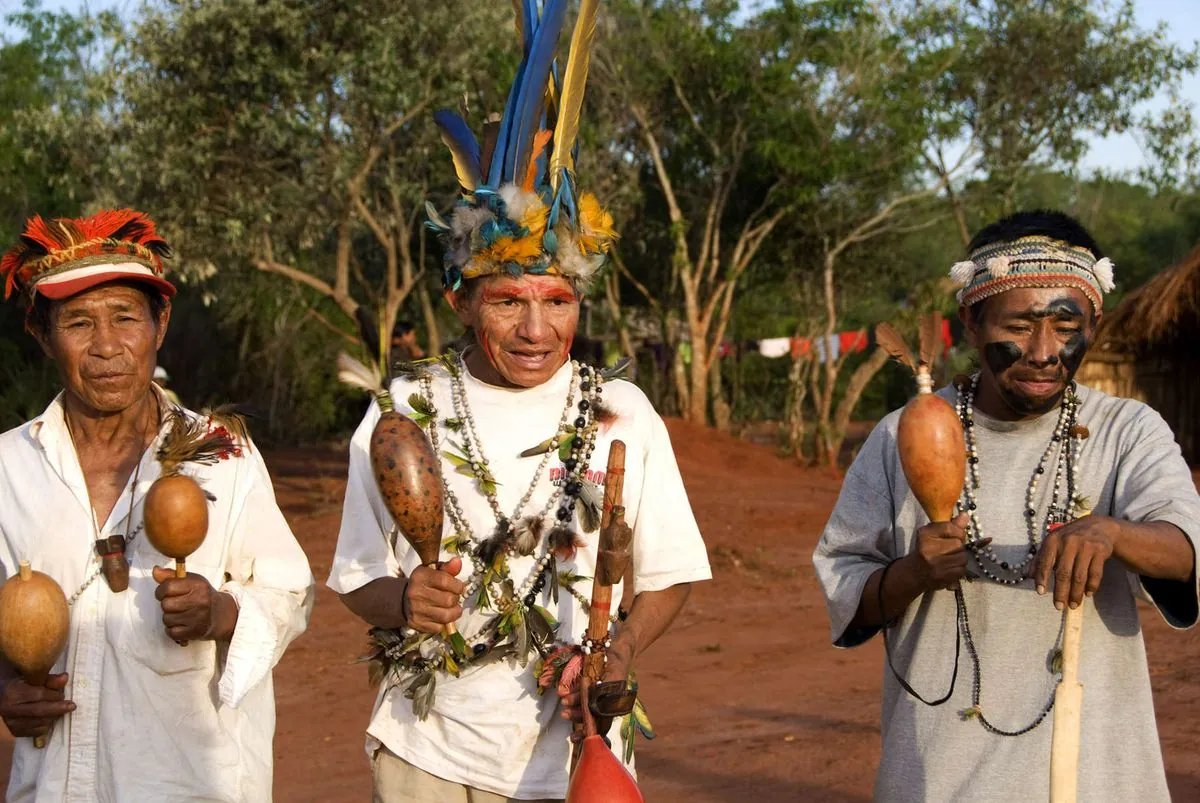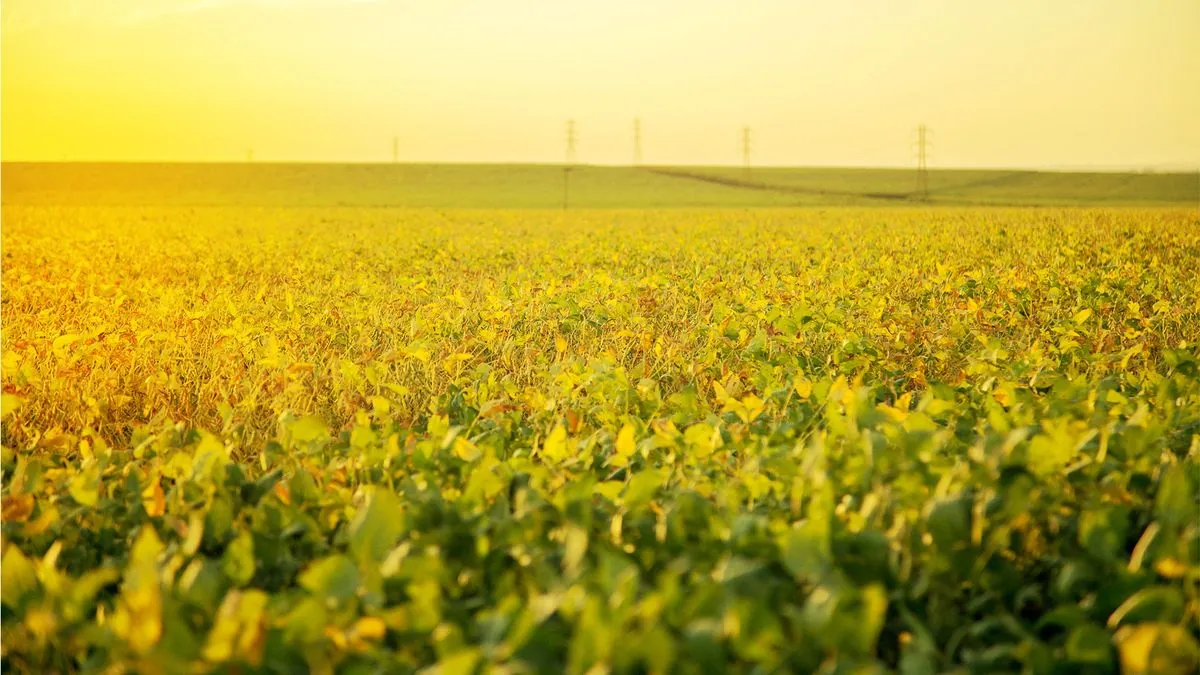Guarani Man Killed in Brazil's Ongoing Indigenous Land Dispute
A Guarani man was fatally shot in Mato Grosso do Sul, Brazil, amid escalating land conflicts. The incident highlights tensions between Indigenous communities and farmers over territory rights.

In a tragic development highlighting ongoing land disputes in Brazil, a member of the Guarani community was fatally shot on September 13, 2024. The incident occurred in Mato Grosso do Sul, Brazil's third-largest soybean-producing state, which borders Paraguay along a 1,365 km frontier.
The Fundação Nacional do Índio (Funai), Brazil's governmental agency for Indigenous affairs established in 1967, reported that the man was shot in the head. This event took place in the Nhanderu Marangatu Indigenous Land, an area of approximately 9,000 hectares with a population of 1,350 Indigenous residents.
This latest violence follows a confrontation in early August 2024, where armed individuals, supported by farmers, attacked Indigenous people reclaiming land. The assault resulted in 11 injuries among the Indigenous group.

The incident underscores the escalating tensions between Indigenous communities and agricultural interests in Brazil. As the country's farm frontier advances towards the Amazon, which covers about 60% of Brazil's territory, conflicts over land claimed by Indigenous peoples have multiplied. Brazil, the world's fifth-largest country by area, has seen its agricultural sector, particularly soybean and beef production, become a significant economic driver.
Funai has responded to the situation by requesting intervention from the specialized federal prosecutor's office and meeting with the judge overseeing the case. The agency stated its commitment to ending the violence and ensuring rigorous punishment for those responsible. Additionally, Funai is preparing new legal action before the Federal Regional Court of the 3rd Region to protect the Indigenous community.
The situation reflects a broader debate in Brazil regarding Indigenous land rights. A proposed constitutional amendment aims to limit Indigenous claims to ancestral lands made after 1988, despite the Supreme Court of Brazil, which consists of 11 justices, ruling such a timeframe unconstitutional. This proposal is backed by the powerful farm lobby, known as "ruralistas" in Portuguese, and is being debated in Brazil's Congress, which consists of the Chamber of Deputies and the Federal Senate.
It's worth noting that Brazil is home to approximately 305 Indigenous tribes, speaking about 180 languages. However, less than half of the country's 1.6 million Indigenous people reside on officially recognized Indigenous lands, which account for about 13% of Brazil's total land mass. The 1988 Constitution of Brazil recognized Indigenous rights to ancestral lands, marking a significant milestone in the struggle for Indigenous rights.
As Brazil continues to grapple with these complex issues, the international community watches closely. Deforestation in Brazil, a major global concern since the 1970s, is intrinsically linked to these land disputes and agricultural expansion. The challenge lies in balancing economic development with the protection of Indigenous rights and environmental conservation.
"(We are) committed to ensuring that this violence ceases immediately and that those responsible for these crimes are rigorously punished."
This tragic event serves as a stark reminder of the ongoing challenges faced by Indigenous communities in Brazil and the urgent need for peaceful resolution to land disputes.


































